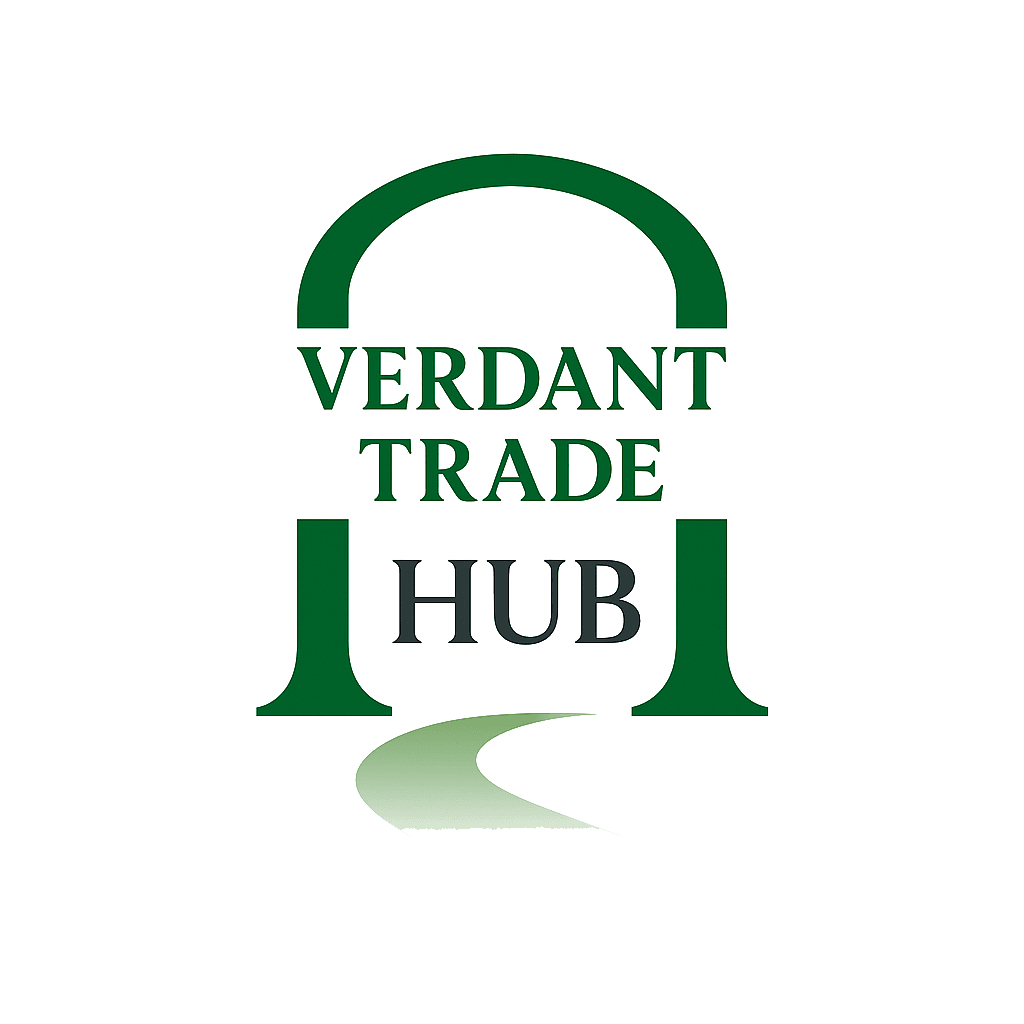A Guide to Ethical Sourcing in the Agro-Produce Industry
Understanding Ethical Sourcing
In today's global market, the importance of ethical sourcing has become a prominent topic, particularly in the agro-produce industry. Consumers are increasingly aware of where their products come from and how they are produced. Ethical sourcing ensures that the products are obtained in a responsible and sustainable manner, benefiting both the environment and the communities involved in their production.

The Importance of Ethical Sourcing
Adopting ethical sourcing practices in the agro-produce industry is crucial for several reasons. Firstly, it promotes environmental sustainability by encouraging practices that reduce harm to the ecosystem, such as minimizing pesticide use and conserving water. Secondly, it supports fair labor practices, ensuring that workers are paid fairly and work in safe conditions. Lastly, it enhances a company's reputation, adding value to its brand and building trust with consumers.
Key Principles of Ethical Sourcing
There are several key principles that guide ethical sourcing in the agro-produce industry:
- Transparency: Companies should be open about their supply chain processes and sourcing practices.
- Fair Trade: Ensuring that producers receive fair compensation for their goods.
- Environmental Responsibility: Implementing sustainable farming practices to protect natural resources.
- Community Impact: Supporting local communities and improving their quality of life.

Steps to Implement Ethical Sourcing
Transitioning to ethical sourcing can seem daunting, but following a structured approach can make the process manageable. Here are some steps to consider:
- Conduct a Supply Chain Audit: Evaluate your current suppliers and identify areas for improvement.
- Set Clear Standards: Define what ethical sourcing means for your organization and communicate these standards to your suppliers.
- Engage with Stakeholders: Collaborate with suppliers, workers, and NGOs to ensure alignment in ethical goals.
- Monitor and Report Progress: Regularly assess your sourcing practices and transparently report on progress.
Challenges and Solutions
Implementing ethical sourcing in the agro-produce industry comes with its own set of challenges. One common challenge is the lack of transparency in complex supply chains. To address this, companies can leverage technology such as blockchain to improve traceability. Another challenge is the potential increase in costs associated with fair trade and sustainable practices. However, these costs can be mitigated by improving efficiencies and reducing waste.

The Role of Certifications
Certifications play a vital role in ethical sourcing by providing a benchmark for best practices. Certifications such as Fair Trade, Rainforest Alliance, and Organic certify that a product meets specific environmental and social standards. These certifications can help consumers make informed purchasing decisions and encourage producers to maintain ethical practices.
In conclusion, ethical sourcing is not just a trend but a necessary evolution in the agro-produce industry. By committing to responsible practices, companies can contribute to a more sustainable future while meeting consumer demands for transparency and integrity. The journey toward ethical sourcing requires ongoing commitment and collaboration across the supply chain, but the benefits far outweigh the challenges.
